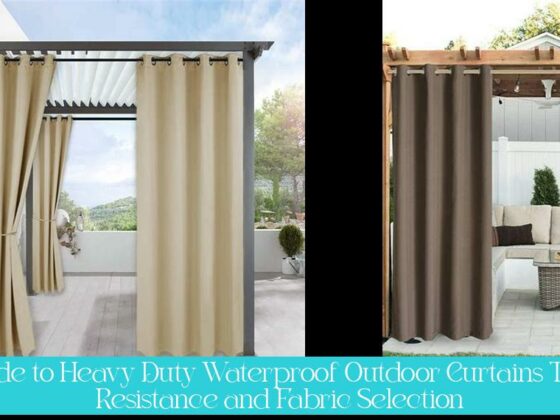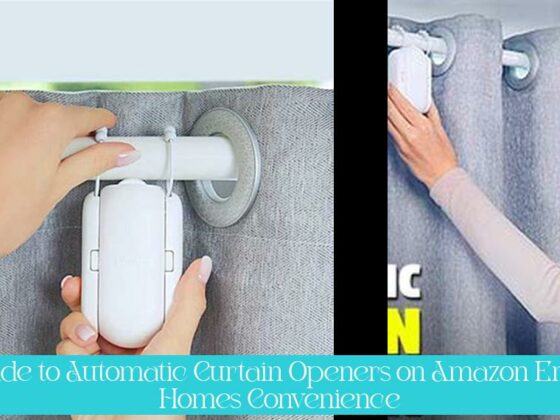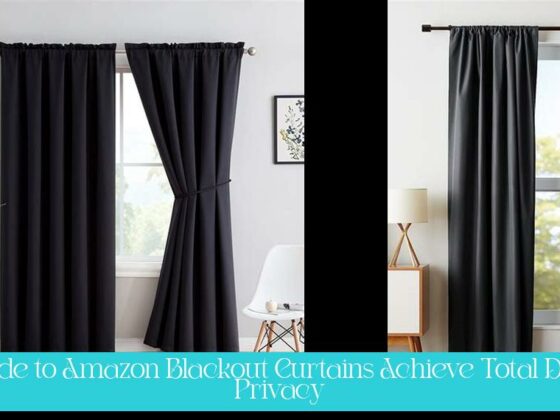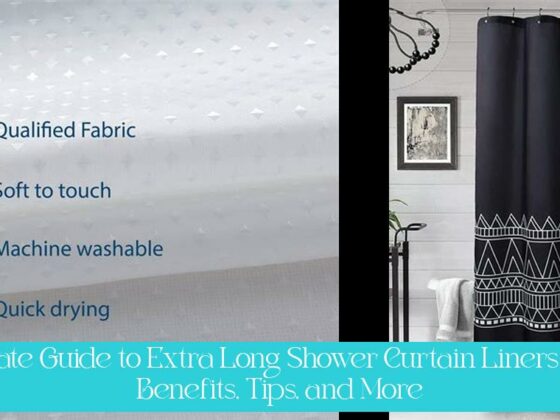Upgrade Your Bathroom with the Best Quiet Town Shower Curtain Liner Alternatives
Key Takeaways
A découvrir: Easter Shower Curtain Hooks: A Comprehensive Guide to Materials and Creative Alternatives
- The best shower curtain liner options include the Brooklinen Linen Shower Curtain Set, Crate & Barrel White Shower Curtain Liner, BigFoot Heavy Duty Shower Curtain Liner, and Liba Heavy Duty Shower Curtain Liner.
- Alternatives to a vinyl shower liner include Polyester, Hemp, Cotton, and PEVA (Polyethylene vinyl acetate).
- A liner is most likely needed for a cotton shower curtain, as cotton absorbs moisture more than other materials.
- PEVA shower curtain liners are an excellent alternative to vinyl, as they are eco-friendly, contain fewer VOCs, have antimicrobial properties, and are chlorine-free.
- Sun Shower shower curtains are made from non-toxic EVA vinyl plastic that is chlorine-free, PVC-free, and BPA-free, offering a safe and colorful option for bathroom decor.
Alternatives to Vinyl Shower Curtain Liners
Pour les curieux, Can an Apartment Complex Deny You for Being $300 Short of the 3x Rent Requirement? Understanding the Rules and Regulations
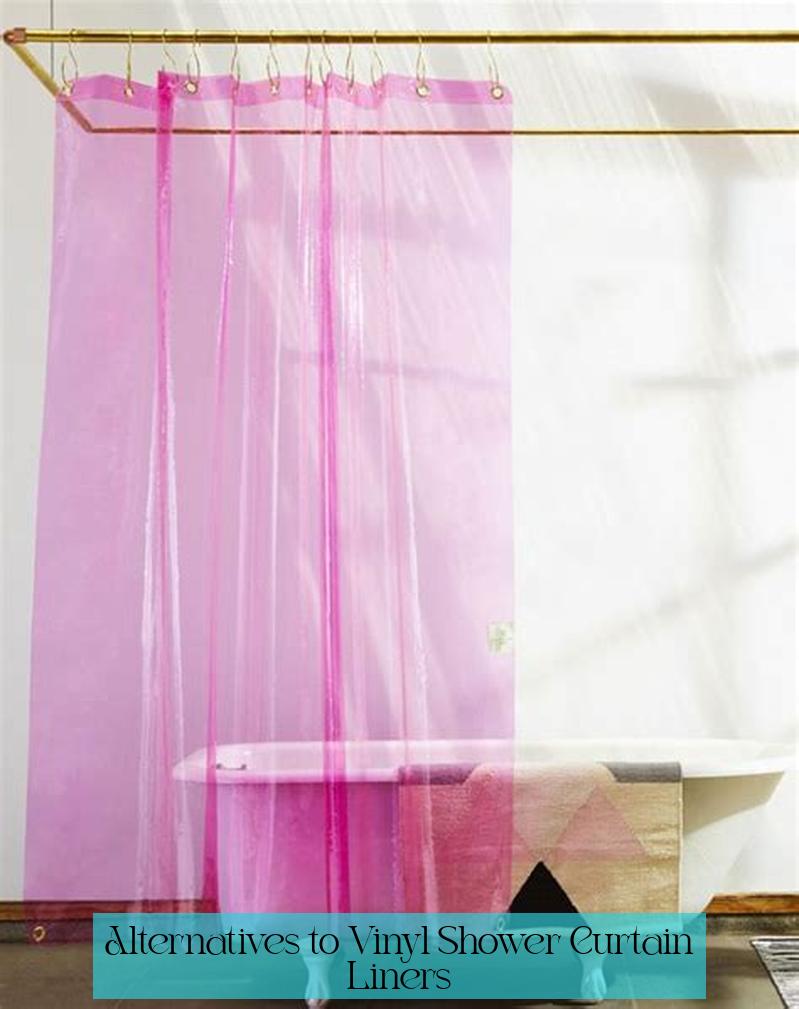
Vinyl shower curtain liners have been the go-to choice for decades, but there are now a number of eco-friendly and stylish alternatives available. Here are a few of the best options:
- Polyester is a synthetic fabric that is water-resistant and mildew-resistant. It is also relatively inexpensive and easy to care for.
- Hemp is a natural fiber that is strong, durable, and water-resistant. It is also antimicrobial and biodegradable.
- Cotton is a natural fiber that is soft and absorbent. However, it is not as water-resistant as other materials, so it is important to use a liner with a cotton shower curtain.
- PEVA (Polyethylene vinyl acetate) is a type of plastic that is free of chlorine and phthalates. It is waterproof, mildew-resistant, and antimicrobial.
Benefits of Using a Shower Curtain Liner
There are a number of benefits to using a shower curtain liner, including:
- Prevents water damage: A shower curtain liner helps to keep water from leaking through the shower curtain and damaging the walls and floor.
- Prevents mildew and mold: A shower curtain liner helps to prevent mildew and mold from growing on the shower curtain and in the bathroom.
- Extends the life of the shower curtain: A shower curtain liner helps to protect the shower curtain from wear and tear, extending its lifespan.
- Adds style: Shower curtain liners are available in a variety of styles, so you can find one that matches your bathroom décor.
Choosing the Right Shower Curtain Liner
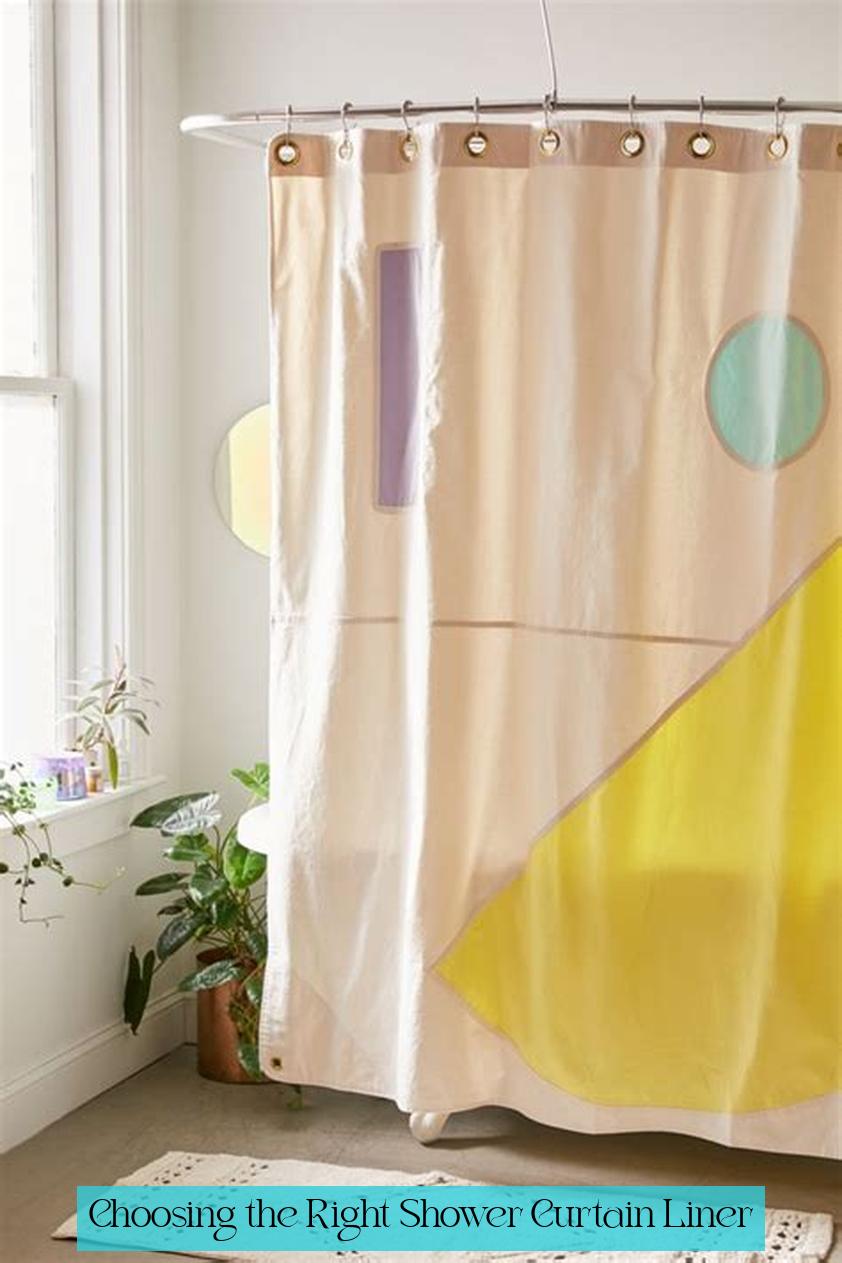
When choosing a shower curtain liner, there are a few factors to consider:
- Material: The material of the shower curtain liner is important for both durability and water resistance. Vinyl is a popular choice because it is waterproof and inexpensive, but it can be prone to mildew. Polyester is another good option because it is water-resistant, mildew-resistant, and relatively inexpensive. Hemp and cotton are natural materials that are strong, durable, and water-resistant, but they are more expensive than vinyl and polyester.
- Size: The size of the shower curtain liner is important to ensure that it fits properly in your shower. Measure the width and height of your shower before purchasing a liner.
- Style: Shower curtain liners are available in a variety of styles, so you can find one that matches your bathroom décor. Some liners are clear, while others are opaque. Some liners have a solid color, while others have a pattern.
How to Install a Shower Curtain Liner
Installing a shower curtain liner is a simple process:
À lire : Dock Insurance Cost: A Complete Guide to Types, Coverage, and Factors Affecting Insurance Costs
- Hang the shower curtain: Hang the shower curtain on the shower curtain rod.
- Insert the liner: Insert the shower curtain liner into the shower curtain. The liner should hang inside the shower curtain.
- Attach the hooks: Attach the shower curtain hooks to the top of the liner and the top of the shower curtain. The hooks should be spaced evenly apart.
- Test the liner: Test the liner by running water over it. Make sure that the liner does not leak.
1. What are some alternatives to vinyl shower curtain liners?
Some alternatives to vinyl shower curtain liners include polyester, hemp, cotton, and PEVA (Polyethylene vinyl acetate). Each material offers different benefits such as water-resistance, durability, and eco-friendliness.
2. What are the benefits of using a shower curtain liner?
Using a shower curtain liner helps prevent water damage, mildew, and mold in the bathroom. It also extends the life of the shower curtain and adds style to the bathroom decor.
3. How do I choose the right shower curtain liner?
When choosing a shower curtain liner, consider the material for durability and water resistance. Factors such as eco-friendliness, antimicrobial properties, and style should also be taken into account when making a selection.
> Transform Your Bathroom Oasis with Quiet Town Shower Curtains: Elevate Your Space in Style
4. What is the best shower curtain liner material?
The best shower curtain liner material depends on individual preferences and needs. Polyester, hemp, and PEVA are popular choices due to their water-resistance, durability, and eco-friendly properties. Each material offers unique benefits, so it’s important to consider specific requirements when making a selection.
5. What are some recommended shower curtain liner options?
Recommended shower curtain liner options include the Brooklinen Linen Shower Curtain Set, Crate & Barrel White Shower Curtain Liner, and BigFoot Heavy Duty Shower Curtain Liner. These options offer various features such as washability, mildew-resistance, and overall value.
6. Why might a liner be needed for a cotton shower curtain?
A liner is likely needed for a cotton shower curtain because cotton is soft and absorbent, but not as water-resistant as other materials. Using a liner with a cotton shower curtain helps prevent water damage and extends the lifespan of the curtain.


